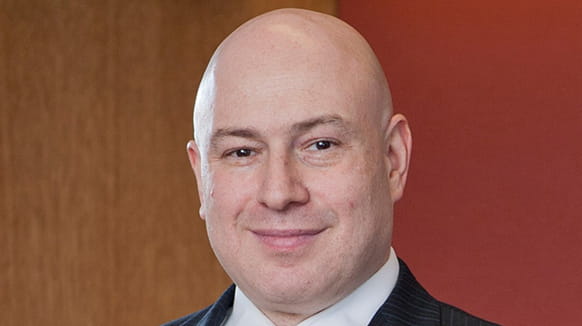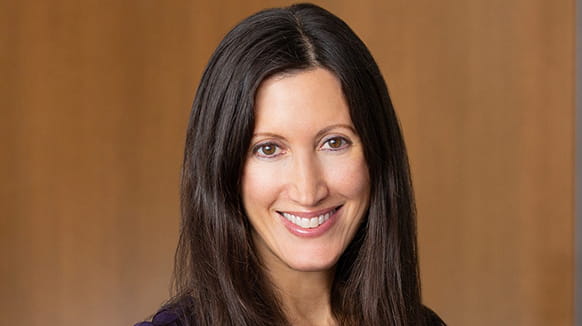For many outside the industry, they believe setting up a fund is as simple as:
Step 1: Find an offshore tax haven
Step 2: Set up a company and start trading
Step 3: Profit.
The reality is very different and when it comes to setting up a hedge fund, two of the most attractive markets to set up in are in fact the UK and the U.S.; neither of which are tax havens. However, the gulf between the UK and the U.S. in the approach taken to the business of hedge funds is almost as large as the ocean between the countries itself.
On a simple read of both jurisdictions, it is easy to have the sole takeaway that any UK entity that is set up for this purpose is subject to greater regulatory control than their U.S. counterpart, both for better and worse. Yet, the approaches go significantly deeper than that.
Formation
While there are some company structures in the UK which can facilitate a tax efficient structure for trading, it is much more common for the investment manager to be set up in the UK and then the fund entity itself to be set up offshore, typically in the Cayman Islands or perhaps in Ireland or Luxembourg. This allows for the investment entity to benefit from beneficial tax structures for its investments while allowing the decision-making entity to benefit from the well-established financial machinery, regulation and infrastructure that the UK boasts, alongside time zones between the UL and the Far East.
Excerpted from Hedge Magazine.


